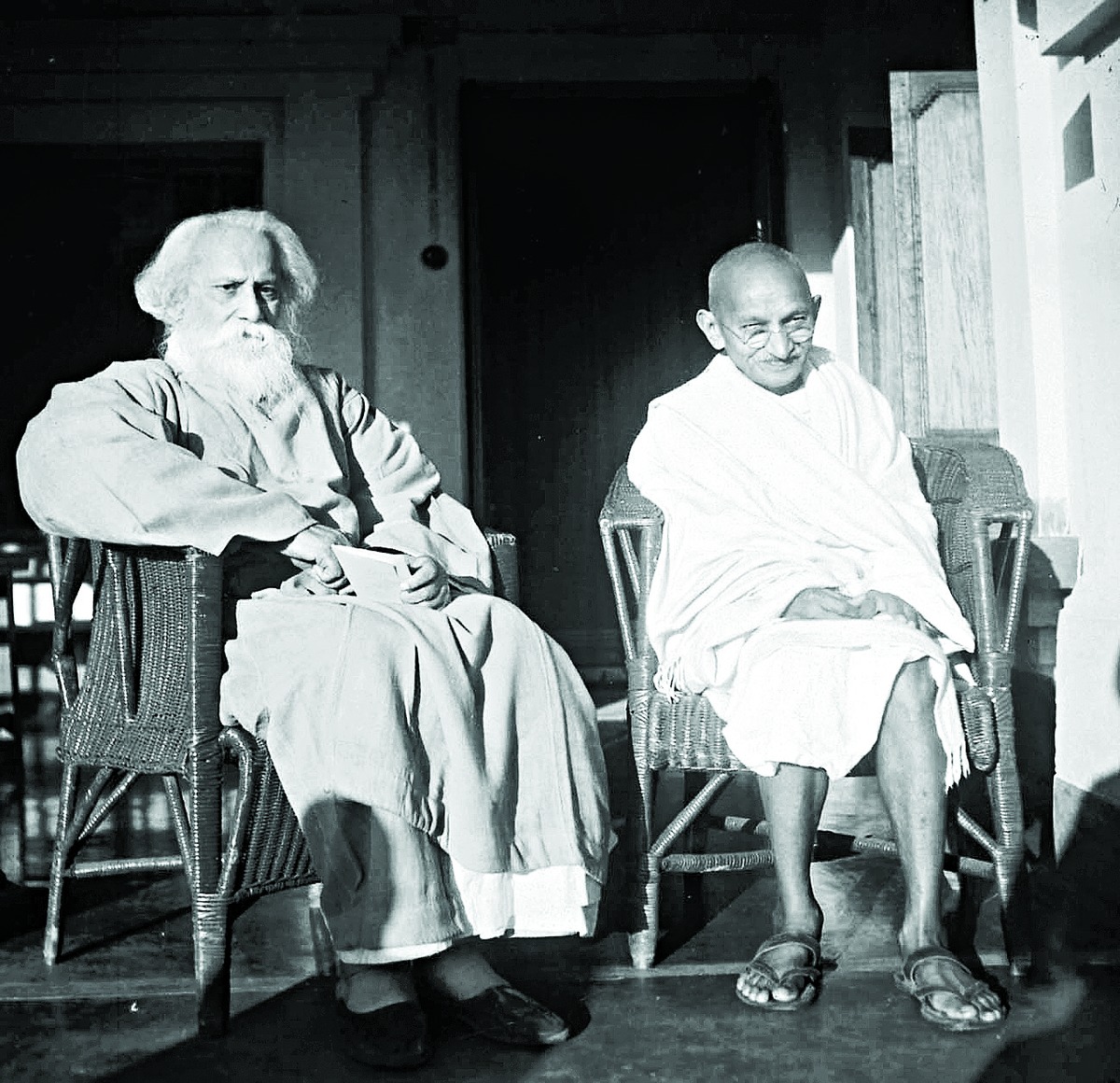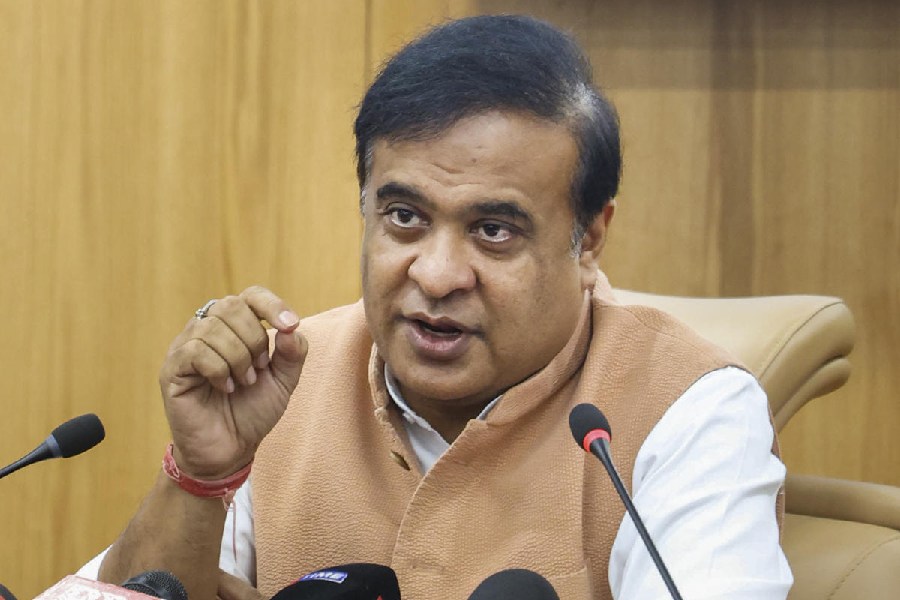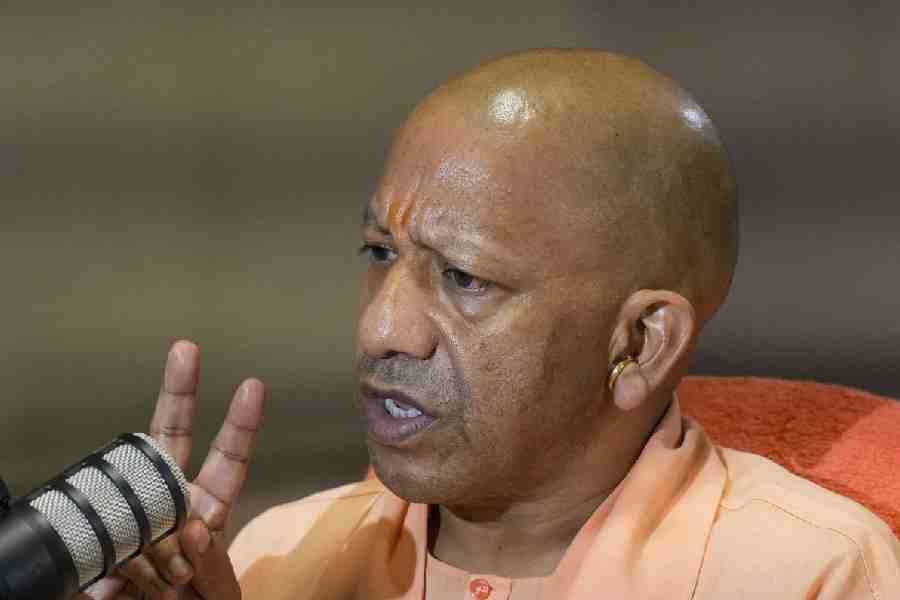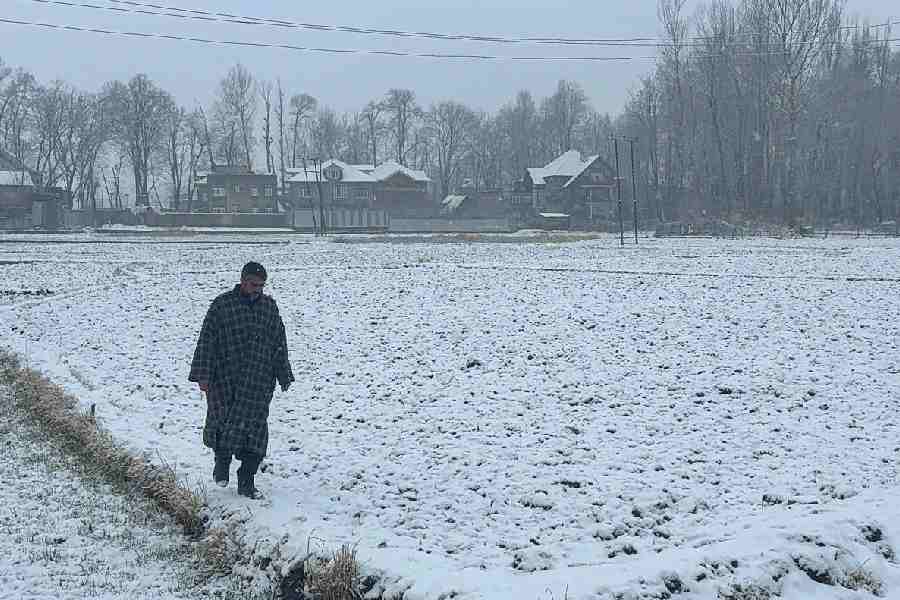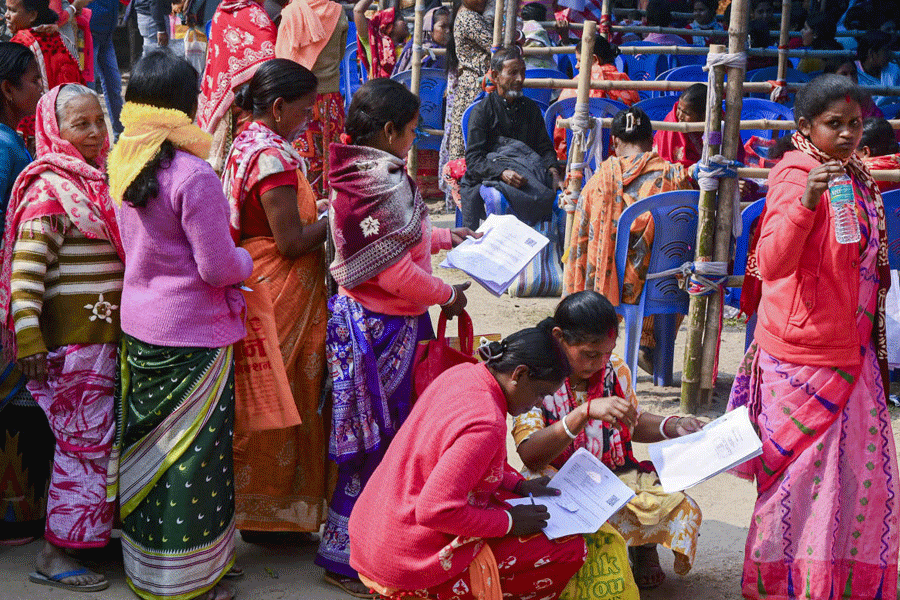
Salt Lake: The Trinamul government has decided to incorporate detailed lessons on the life and ideals of Mahatma Gandhi in the primary school syllabus.
Students of classes IV and V of state-run and aided schools in Bengal will be taught about Gandhi's views on secularism and religious tolerance, unity and dignity of labour.
The revised syllabus will be introduced in the next academic session, starting April 2019, a senior official of the school education department said. The new lessons will be part of the Bengali and history syllabi.
Topics covering Gandhi's ideologies and his contribution to the freedom struggle are now taught in classes XI and XII in state-aided schools as part of the Bengali, history and English syllabi.
The new lessons on Gandhi have been chosen because of their relevance to the current situation, an academic associated with the framing of the new syllabus said.
For instance, students will be introduced to Gandhi's views on secularism and his humanitarian approach to religion. "Mahatma Gandhi believed in religion. But he was never opposed to the philosophy of other religions. This is something our children should learn from a very young age. These ideas have become more relevant in the present times when there is so much intolerance in the country," the academic said.
Gandhi's philosophy of simple living, his concept of the spinning wheel and belief in dignity of labour will all find place in the primary syllabus, the academic said.
The Mamata Banerjee government's decision to introduce lessons on Gandhi at the primary level is part of its plans to celebrate Gandhi's 150th birth anniversary, a school education department official said.
A high-powered committee formed by the government drew up the revised syllabus with suggestions from the state syllabus restructuring committee. The changes have been approved by the government, a source in the school education department said.
"We are carefully examining how the topics on Gandhi can be incorporated in the primary level syllabus. We have to be careful because it is difficult for students aged nine or 10 to understand his philosophy and contribution to the freedom struggle," said a professor of a university working on the proposal.
The committee is expecting to finalise the syllabus soon so that the state secondary board can start preparing the revised text books.

